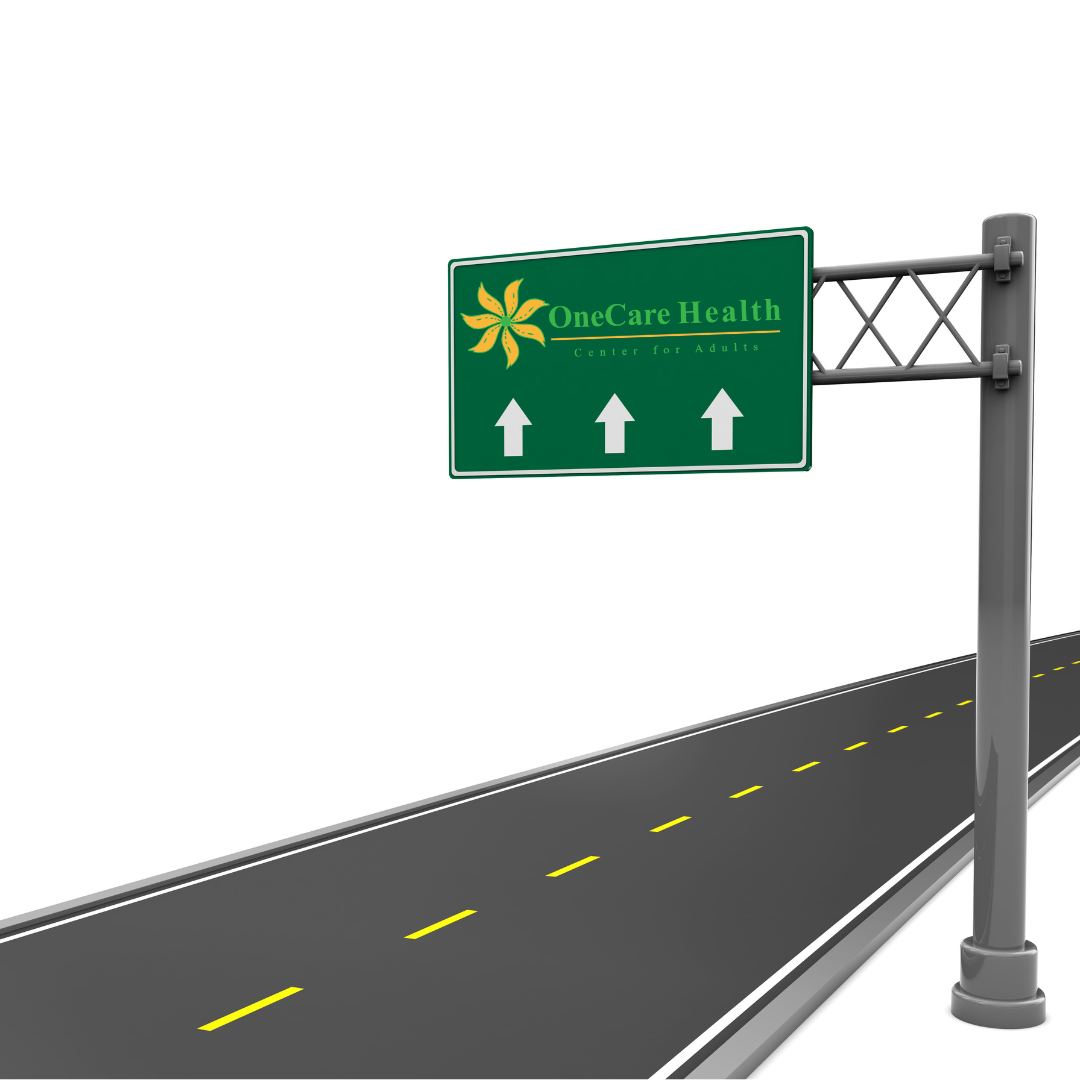
Our Story
ONECARE HEALTH
At OneCare Health, we provide compassionate, evidence-based care through our continuum of Care Treatment Model for persons affected by addiction and co-occurring disorders. We are dedicated to transforming the quality, delivery, and accessibility of treatment. At OneCare Health, we are blessed with a team of dedicated clinicians and professional who work together integrating care and coordinating services to improve our patients’ quality of life.
Here are some of our unique features that makes our service delivery model suited in providing a holistic treatment that seek to address the whole person. Our Continuum of Care treatment model is aimed at setting forth a new paradigm for addiction treatment and recovery uniquely designed for each person and the communities we serve. Our 14 years of service delivery in the field of Behavioral Health, couple with the fact that in our team we have staff with more than 25 years of experience in the field has enabled us to harness vast wealth of knowledge, experience, and insight in developing our current treatment model.
Read More
 Our Services
Our Services
At OneCare Health, we focus on providing enhanced substance use services for ADULTS. We hold on the following core believes which are very defining of how we offer our services, that;
- No two patients are the same,
- The circumstances for individuals entering treatment are a result of varying factors,
- Meeting patients and families where they are in life by tailoring individualized treatment, is key to effective service delivery, and
- Patients will be most successful in treatment when they participate in specialized groups and programs with peers who have similar life circumstances and are in similar life stages.
At OneCare Health, we offers a variety of treatment modalities, giving patients the opportunity to explore what is most applicable to their treatment needs. Our highly trained clinicians, counselors, and support staff take pride in providing the optimal treatment environment for the recovery of our patients.

Adult Enhanced Services
ONECARE HEALTH’s Adult Enhanced Services are designed to offer evidence-based best practice interventions and person-centered individualized care for persons struggling with chronic and complicated substance use disorders and related disabilities.

SACOT
Individual and group counseling and support
Family counseling, training and support
Random urine drug screens
Strategies for relapse prevention to include community and social support systems in treatment

Eligibility Criteria
The individual is eligible for this service when the following criteria are met:
There is a substance use disorder diagnosis present.
AND
The individual meets ASAM Level 2.5 criteria.

Groups and Individual Therapy Sessions
Our Group and Individual Therapy Sessions encompass the application of psychotherapeutic techniques in the delivery of counseling services to individuals with substance abuse problems, in a way that it effectively addresses the underlying issues that are at the root of their substance use and other related problems.
Read More
Guiding Principles Underlying Our Service Delivery
The following guiding principles underlying treatment forms the bedrock upon which the views and the practice of our clinicians and staff are established. These principles include moral, spiritual/existential, biological, psychological, sociocultural and integrative models.
Read More


Adult Enhanced Services
ONECARE HEALTH’s Adult Enhanced Services are designed to offer evidence-based best practice interventions and person-centered individualized care for persons struggling with chronic and complicated substance use disorders and related disabilities.
Read More
Eligibility Criteria
The individual is eligible for this service when the following criteria are met:
There is a substance use disorder diagnosis present.
AND
The individual meets ASAM Level 2.5 criteria.
Expected Outcome
The expected outcome of SACOT includes:
Emphasizing reduction in use and abuse of substances and/or continued abstinence
Reduction of the negative consequences of substance abuse
Reduction in any psychiatric symptoms (if present)
Reduction in the risk of relapse as evidenced by improvement in empirically supported modifiable relapse risk factors
Sustained improvement in health and psychosocial functioning
Development of social support network
Cultivation of necessary lifestyle changes
Read More


Our Team
Meet Our Provider
Find Our Service & Location
We are committed to providing the highest standard of mental health and substance abuse services possible to the many communities we serve,
In addition to group therapy participants do engage in individual therapy and/or family therapy.
Connect With Us
Call us
123 456 789
Address
Lorem ipsum Avenue 165 Stree
Email Us
info@youremail.com






